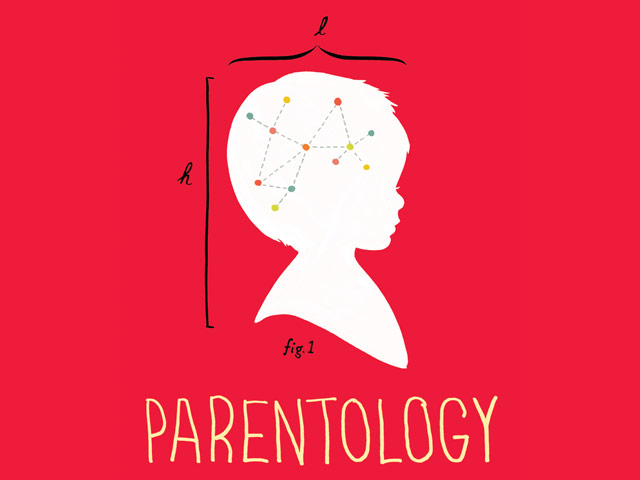How to parent like a mad scientist

This may be the strangest parenting book I’ve ever come across: Parentology by Dalton Conley, a sociologist at NYU. In an interview with Freakonomics, Conley explains what makes his parenting approach so unconventional:
As an immigrant society with no common culture, we Americans have always made things up as we go — be it baseball, jazz or the Internet. Parenting is no different, whether we admit it or not. If we want to keep producing innovative kids who can succeed in today’s global economy, we should be constantly experimenting on them.
For example, I read the latest research on allergies and T-cell response and then intentionally exposed my kids to raw sewage (in small doses, of course) to build up their immune systems. I bribed them to do math thanks to an experiment involving Mexican villagers that demonstrated the effectiveness of monetary incentives for schooling outcomes. I perused a classic study suggesting that confidence-boosting placebos improved kids’ actual cognitive development, fed my kids vitamins before an exam, told them that they were amphetamines — and watched their scores soar.
And in this excerpt of the book from Salon, Conley explains why he and his wife named their kids E and Yo.
Unlike having fewer kids, birthing them in the Northern Hemisphere during October of a year when not many others are having kids, avoiding the mercury in fish (while still getting enough omega-3 and omega-9 fatty acids), and being rich, well-educated, and handsome to boot, there is one thing you can bequeath your kids that is entirely within your control. I’m talking about selecting their names. We may not control what race or gender we bequeath our offspring (unless, of course, we are utilizing a sperm bank in the Empire State Building for IVF), but we do have say over their names. If you play it safe with Bill or Lisa, it probably means your kids will be marginally more likely to avoid risk, too. If you’re like us and name them E or Yo, they are likely to grow up into weirdoes like their parents-or at least not work in middle management.
Early studies on names claimed that folks with strange ones were overrepresented in prisons and mental hospitals. But the more recent (and in my professional opinion, better) research actually comes to the opposite conclusion: Having a weird name makes you more likely to have impulse control since you get lots of practice biting your tongue when bigger, stronger, older kids make fun of you in the schoolyard. This study makes me happy, given the growing scientific literature around the extreme importance of impulse control and its close cousin, delayed gratification. These two, some argue, are even more important than raw IQ in predicting socioeconomic success, marital stability, and even staying out of prison.





Stay Connected